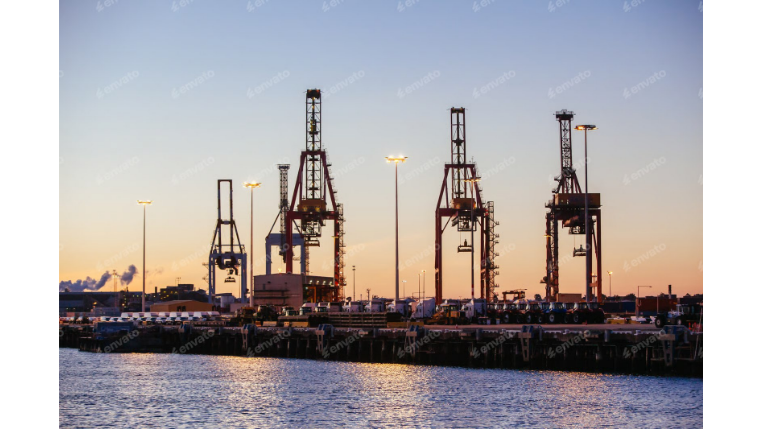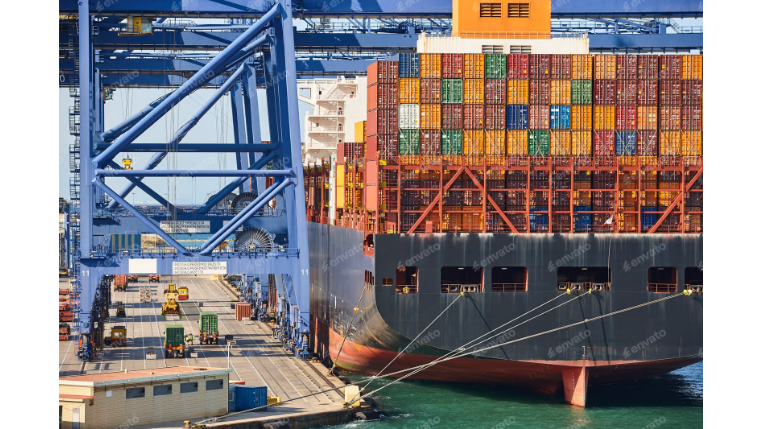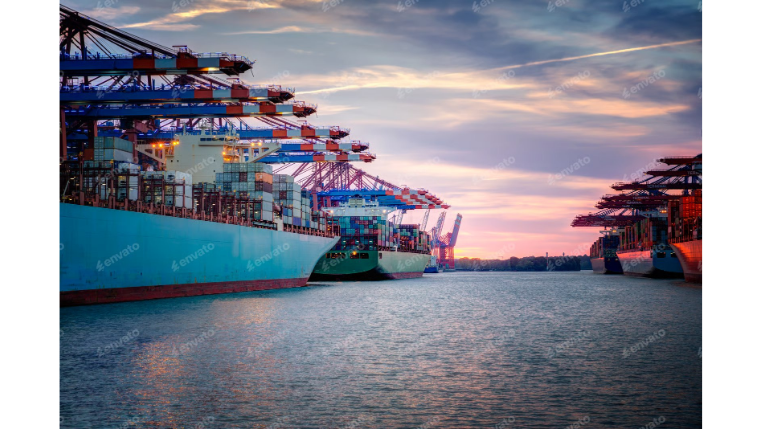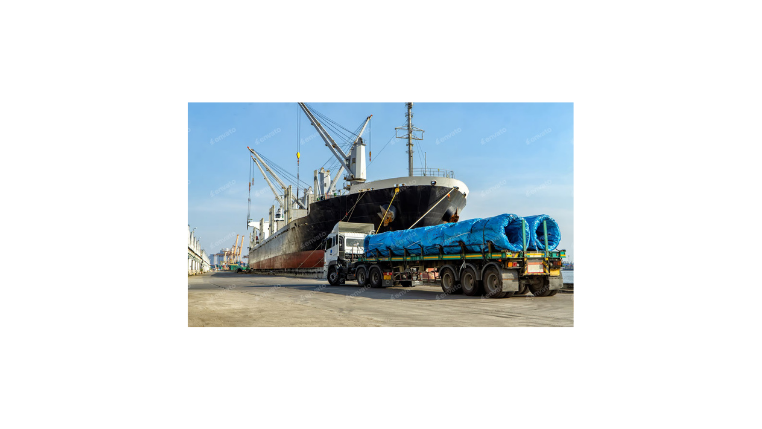Ex Works (EXW) Explained: A Guide to Maximum Control and Responsibility
In the standardized language of global trade, Incoterms® define the precise point where responsibilities shift from seller to buyer. At one end of this spectrum lies Ex Works (EXW), an agreement that places the minimum possible obligation on the seller and the maximum on the buyer.
For buyers, this Incoterm offers the ultimate level of control over their cargo and costs. However, that control comes with a high degree of risk and a complex set of responsibilities, especially in the seller's country. Understanding the intricacies of EXW is crucial for any business looking to manage its supply chain effectively.
What is Ex Works (EXW)? The Seller's Minimum Obligation
Under the Ex Works (EXW) Incoterm, the seller fulfills their obligation simply by making the goods available at their own premises—typically their factory, mill, or warehouse. The seller is not required to load the goods onto the collecting vehicle, nor do they need to handle any export customs clearance procedures.
Think of it as buying a product directly from the factory floor. Once the seller has packed the goods and designated them for pickup, their part in the logistics process is essentially complete. Every subsequent step is the buyer's responsibility.
The Division of Labor: Seller vs. Buyer Responsibilities under EXW
The allocation of duties under EXW is the most one-sided of all the Incoterms.
Seller's Responsibilities:
- Production and Packaging: Manufacturing the goods as per the contract and packing them appropriately for export collection.
- Making Goods Available: Placing the goods at the disposal of the buyer at a named place (e.g., "EXW, Seller's Warehouse, 123 Industrial Rd, Shanghai") on the agreed-upon date.
Buyer's Responsibilities:
- Loading: Arranging and paying for the labor and equipment to load the goods onto the truck at the seller's premises.
- Inland Transport (Origin): Contracting and paying for trucking from the seller's location to the port or airport of departure.
- Export Customs Clearance: This is a critical point. The buyer is responsible for preparing all export documentation and clearing the goods for export in a foreign country.
- Origin Port Charges: Paying all terminal handling charges (THC) at the port of origin.
- Main Freight: Arranging and paying for the international ocean or air freight.
- Insurance: Contracting and paying for cargo insurance for the entire journey.
- Destination Charges: Paying for all destination terminal handling, import customs clearance, duties, and taxes.
- Final Delivery: Arranging and paying for the final inland transport to their own facility.
The Pros and Cons of Using EXW
The extreme nature of EXW presents a clear set of advantages and disadvantages for each party.
For the Seller:
- Pros: It is the simplest and lowest-risk option. There are no freight or customs complexities to manage.
- Cons: Offering only EXW terms may deter inexperienced international buyers, potentially limiting the seller's market reach.
For the Buyer:
- Pros:
- Maximum Control: The buyer controls the entire logistics chain, allowing them to choose their preferred carriers and forwarders, and manage the timeline.
- Potential Cost Savings: By managing their own freight, a buyer can often negotiate better rates than those offered by a seller.
- Shipment Consolidation: EXW is highly effective when a buyer is sourcing from multiple suppliers in the same region. They can collect all orders and consolidate them into a single shipment, saving significant money.
- Cons:
- Maximum Risk and Complexity: The buyer bears all risks from the moment the goods are picked up.
- Navigating Foreign Regulations: The buyer is responsible for handling export customs in the seller's country, which can be a major challenge without a reliable local agent or an experienced freight forwarder.
When is EXW a Good Choice?
Given the high level of responsibility, EXW is not for everyone. It is most strategically used in the following scenarios:
- When the buyer has a strong, established logistics network or works with a global freight forwarder who has a robust presence in the seller's country.
- When a buyer is purchasing from multiple suppliers in one country and wants to consolidate the goods into a single, cost-effective FCL (Full Container Load) shipment.
- In domestic trade, where the complexities of export and import customs do not apply.
For inexperienced importers, EXW is generally not recommended. Terms like FOB (Free On Board) or FCA (Free Carrier) offer a better balance, as the seller is responsible for managing the often-tricky export procedures in their own country.
Conclusion
Ex Works is a powerful Incoterm for sophisticated buyers who seek complete control over their supply chain and have the expertise and partnerships to manage the associated risks. It offers the potential for significant cost savings and logistical efficiency, particularly in multi-supplier sourcing scenarios. However, the responsibility for navigating foreign export regulations cannot be underestimated.
Successfully managing an EXW shipment in 2025 requires a high degree of coordination and visibility. This is where modern technology becomes a critical enabler. A centralized logistics platform like Modaltrans empowers buyers by providing the tools to effectively manage the extensive responsibilities of an EXW agreement. It allows them to coordinate with their freight forwarders, manage all documentation digitally, track shipments with end-to-end visibility, and maintain the command and control needed to orchestrate the entire logistics process, from the seller’s door to their own.










